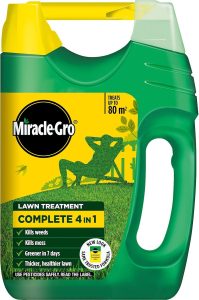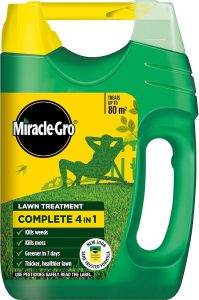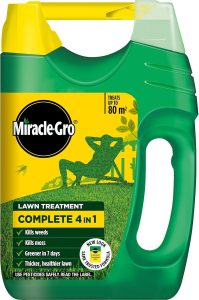In the tranquil oasis of your garden, pests can quickly turn that serene setting into a battleground. From pesky aphids to voracious slugs, common garden pests can wreak havoc on your precious plants. But fear not, as there are natural remedies that can help you reclaim your garden and restore balance to your outdoor paradise. With a little know-how and a touch of creativity, you can combat these garden pests without resorting to harsh chemicals. Join us as we explore the world of natural remedies for common garden pests and learn how to protect your plants the eco-friendly way.
Identifying Common Garden Pests: A Comprehensive Guide
When it comes to dealing with common garden pests, there are plenty of natural remedies you can use to protect your plants without harming the environment. One effective method is to introduce beneficial insects such as ladybugs, lacewings, or parasitic wasps, which can help keep pest populations in check. These natural predators can help control aphids, caterpillars, and other unwanted garden visitors.
Additionally, you can plant companion crops that repel pests, such as marigolds to deter nematodes or basil to keep away mosquitoes. Using garlic or neem oil sprays can also be effective in deterring pests from your garden. Another option is to create physical barriers like row covers or netting to protect your plants from hungry critters. By incorporating these natural remedies into your gardening routine, you can maintain a healthy and pest-free garden without resorting to harmful chemicals.
Combatting Pests Naturally: Eco-Friendly Solutions for Your Garden
When it comes to keeping your garden free of pests, there are plenty of eco-friendly solutions that can help protect your plants without harming the environment. One common pest that many gardeners face is aphids. These tiny insects can quickly infest your plants, sucking out their sap and causing damage. To combat aphids naturally, try planting companion plants such as marigolds or nasturtiums, which can repel aphids with their strong scents.
Another pesky garden pest is the cabbage worm, which can quickly decimate your cabbage, kale, and other cruciferous plants. To naturally deter cabbage worms, consider planting herbs such as thyme, mint, or oregano, which can attract beneficial insects like parasitic wasps that prey on cabbage worms. You can also create a DIY insecticidal soap spray using a mixture of water, dish soap, and cayenne pepper to safely eliminate cabbage worms from your garden.
Best Practices for Preventing Pest Infestations in Your Garden
One effective way to prevent pest infestations in your garden is by utilizing natural remedies that are safe for both your plants and the environment. One popular method is companion planting, where certain plants are grown together to repel pests. For example, planting marigolds alongside vegetables can deter pests like nematodes and aphids, while attracting beneficial insects like ladybugs.
Another natural remedy to consider is creating homemade insect spray using ingredients like garlic, onion, and chili peppers. Simply blend these ingredients with water and strain the mixture before applying it to your plants. This natural insect spray can help repel common garden pests such as caterpillars and beetles, without the use of harsh chemicals. Remember to regularly inspect your plants for signs of pest infestations and take prompt action to prevent further damage.
The Way Forward
In conclusion, dealing with common garden pests can be a challenging task, but with the use of natural remedies, it is possible to maintain a healthy and thriving garden without harming the environment. By incorporating these solutions into your gardening routine, you can effectively manage pesky insects and critters while promoting a more sustainable and eco-friendly approach to gardening. Remember, nature has provided us with an abundance of resources to work with, so why not take advantage of them and create a harmonious ecosystem in your own backyard? Happy gardening!




